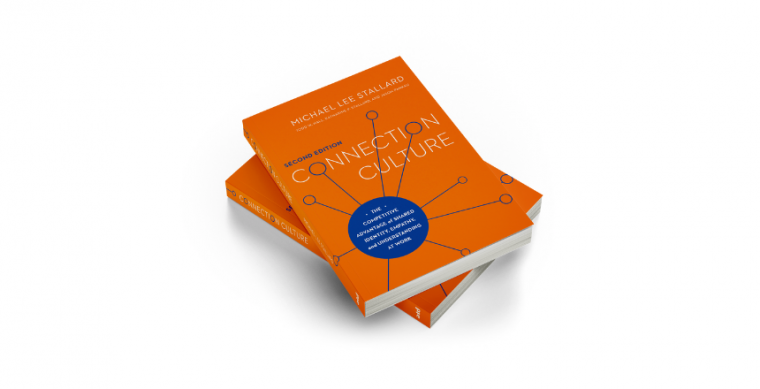
If you have ever wanted to learn more about how the power of connection can help you and your team become smarter, happier, more productive and more resilient to cope with stress, then I have good news for you.
Join me for a free, virtual book club event hosted by the Blanchard Community as we discuss tips from my book, Connection Culture: The Competitive Advantage of Shared Identity, Empathy and Understanding at Work (2nd edition).
- Date: November 19, 2025
- Time: 3:00-3:45 pm CST
- Cost: Free
You can find all the details and register here.










